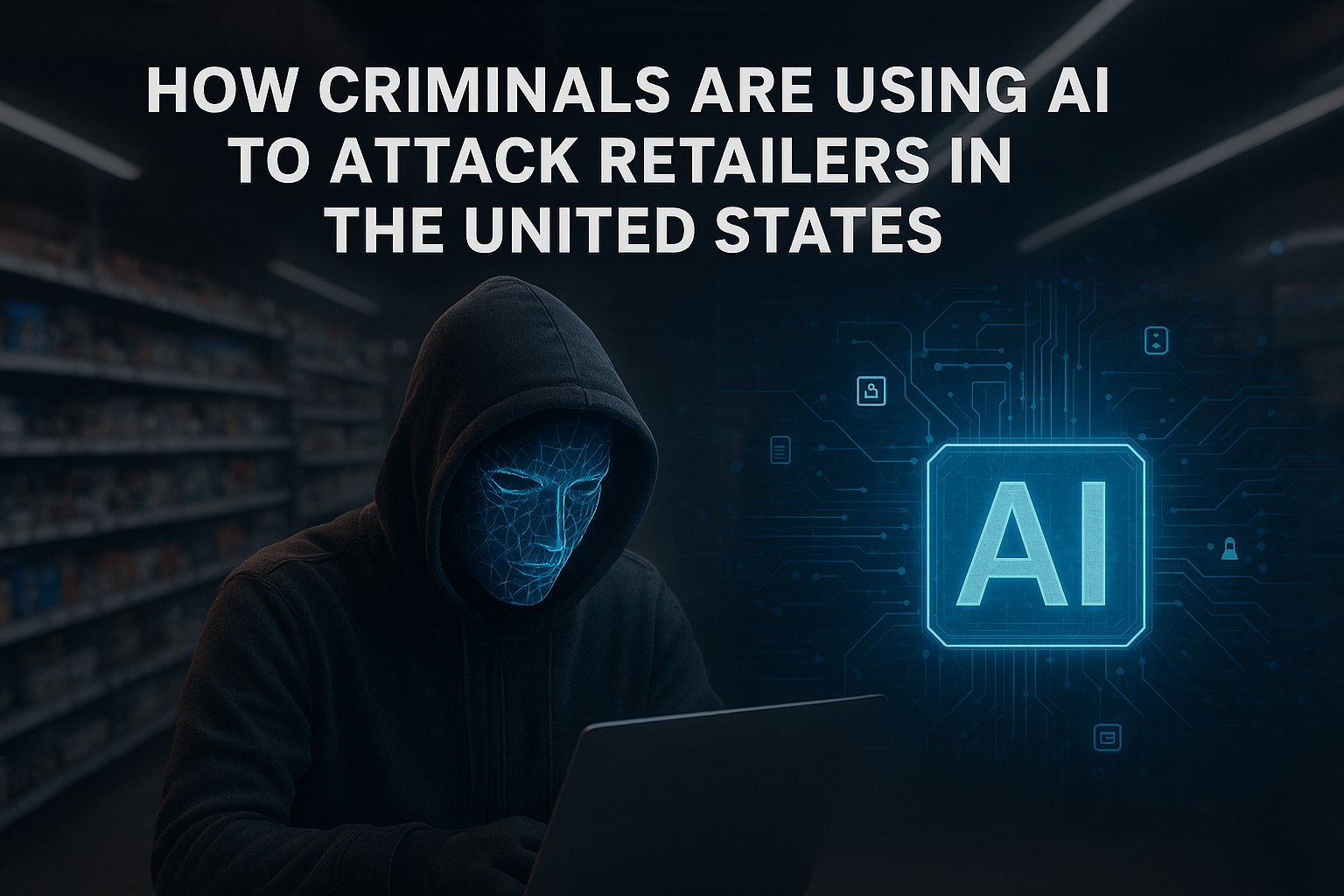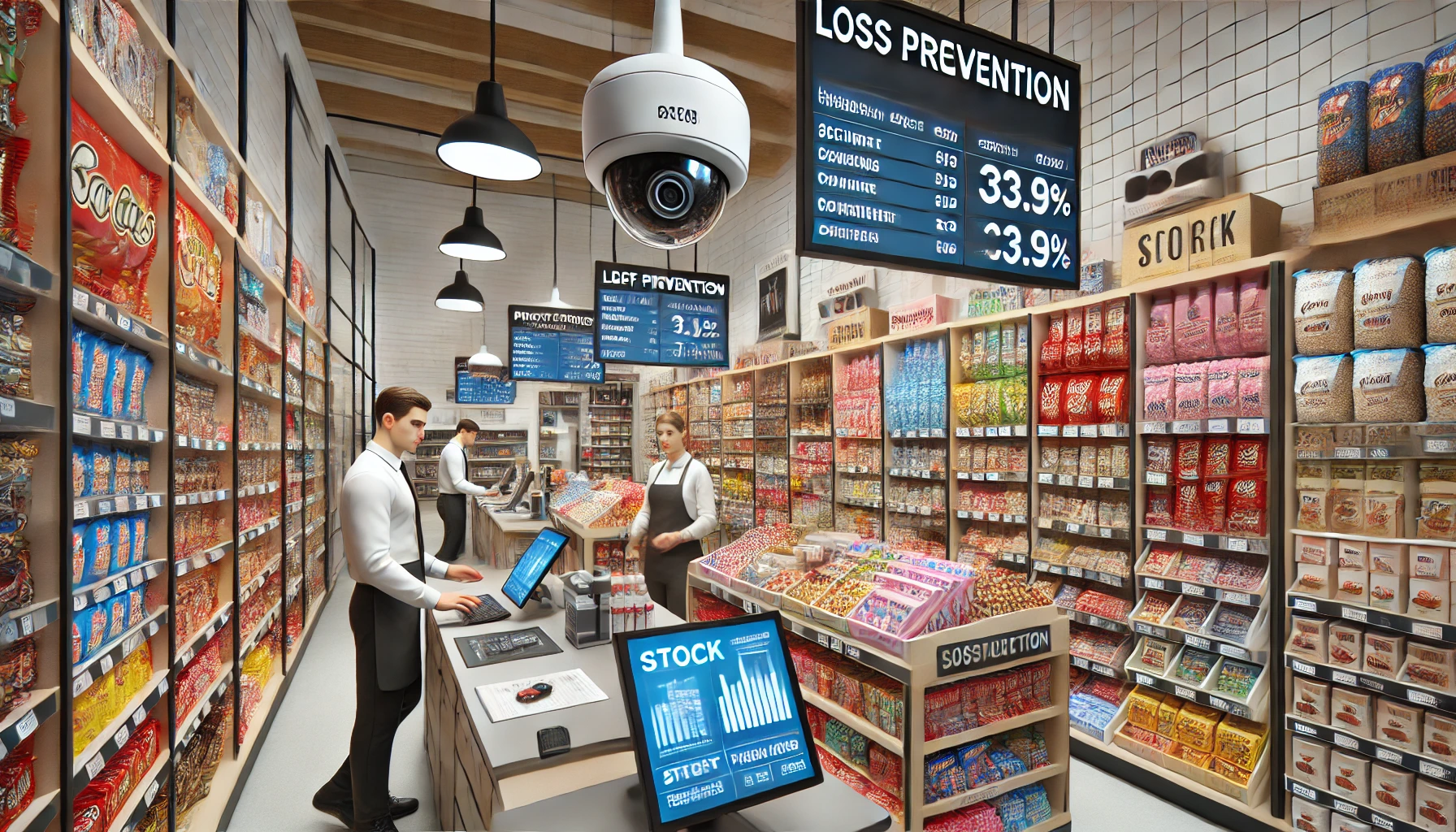How Criminals Are Using AI to Attack Retailers in the United States
In recent years, artificial intelligence (AI) has moved from being a futuristic promise to a real tool — both for retailers improving operations and for criminals exploiting vulnerabilities.In this article, we’ll explore how criminals are leveraging AI to attack retailers in the United States, the most common methods used, the risks involved, and what can … Ler mais









